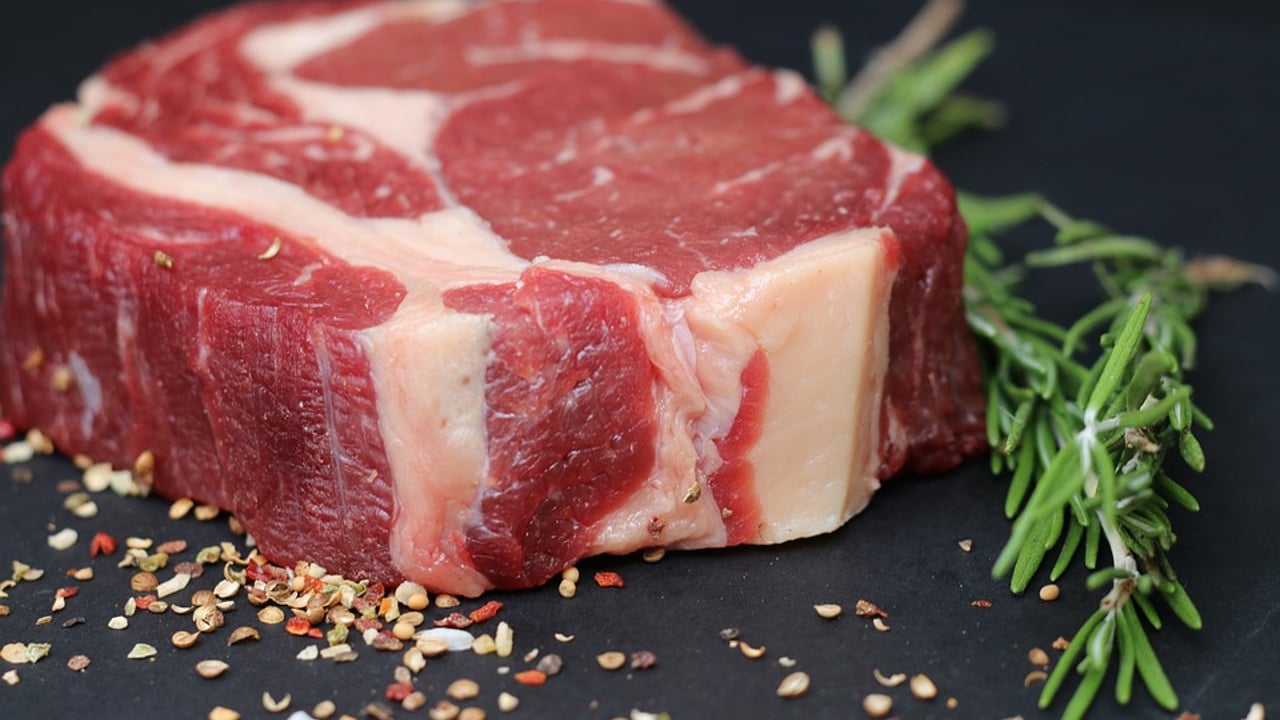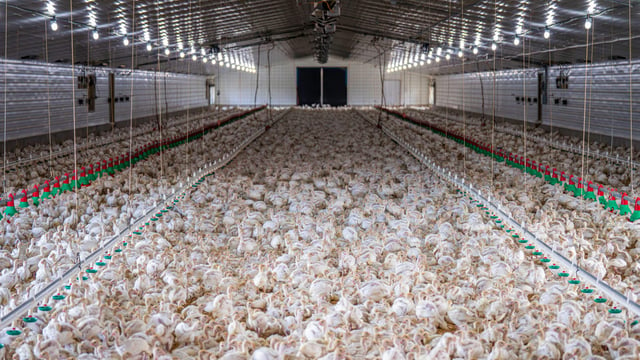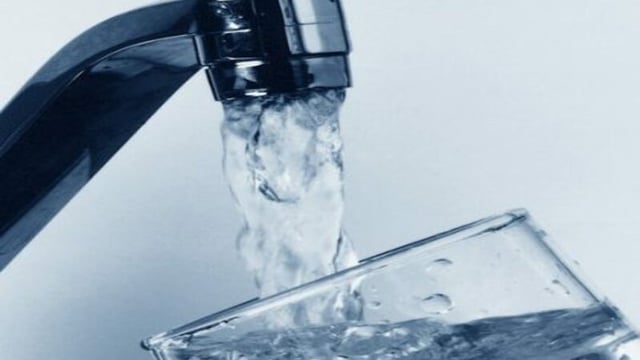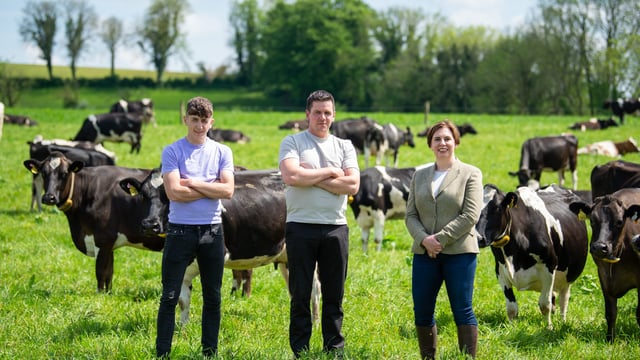Irish MEP meets with Chinese ambassador on agri-food trade
An Irish MEP has said that he met with the Chinese ambassador to Ireland over the weekend as part of efforts to increase access opportunities for Irish agri-food exports.
Barry Cowen was speaking after the Department of Agriculture, Food and the Marine confirmed that Irish beef exporters can now send beef produce to another Asian country, Thailand, after that market officially opened to Irish beef.
The Fianna Fáil MEP for the Midlands--North-West welcomed the announcement that the Thai market is now open to Irish beef, saying the development "marks a significant milestone" in the expansion of Irish beef exports, adding that "it's great to see the sector going from strength to strength".
He called for ongoing engagement with current and potential foreign markets to secure and strengthen trade opportunities for Irish agriculture, emphasising the need for collaboration between government, industry and international partners as a "key to sustaining growth in Irish exports".
Cowen said: "The expansion of Irish beef exports to new markets like Thailand is a vital step in ensuring a sustainable and prosperous future for our farmers and food producers.
"With Asia already a growing destination for Irish produce, this latest agreement is another important milestone in that success story," he added.
"As political representatives in Brussels and at home, we all have a role to play in bolstering, promoting and contributing to the expansion of Irish agri-food exports," Cowen said.
"Following my recent calls in the European Parliament for pragmatic, open trade amid rising global tensions, I welcomed the opportunity to meet with the Chinese Ambassador to Ireland over the weekend.
"Strengthening relationships with key trading partners, including China, will be essential for further growth in Irish exports," the MEP said.
Cowen said last month that the trade policy pursued by US president Donald Trump presents an “opportunity” for the EU and China to ease trade tensions.
Since early last year, China and the EU have been in a state of heightened trade tension, which started as a dispute over electric vehicles, but expanded to take in a range of other economic goods.
This resulted in China launching an investigation of “subsidies” in the EU dairy sector, and the EU responding by taking the case to the World Trade Organisation (WTO).
However, Cowen called for a “pragmatic and constructive” approach to EU-China trade relations.
According to Cowen, it is important to foster “fair and sustainable competition” while acknowledging challenges in global trade dynamics.
He said that, with global trade conditions increasingly volatile due to the new Trump administration’s trade policy – a policy that threatens tariffs on EU goods – an “opportunity exists to re-engage on critical issues such as agriculture and electric vehicle trade”.





